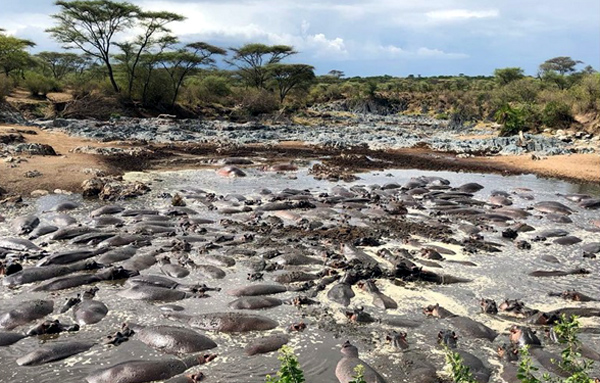 The safari ended at the most popular foreign tourist attraction in East Africa, Ngorongoro Crater. Greener than nearly everywhere else we went, the veteran safari traveler who organized the trip, Steve Farrand, said it was the best game viewing on the safari and the best he’s ever seen in the crater!
The safari ended at the most popular foreign tourist attraction in East Africa, Ngorongoro Crater. Greener than nearly everywhere else we went, the veteran safari traveler who organized the trip, Steve Farrand, said it was the best game viewing on the safari and the best he’s ever seen in the crater!
Steve’s assessment reflects the current “almost-drought” situation on the circuit and the unique advantages that game viewing has when the veld is dry. I wish it weren’t so dry. It shouldn’t be.
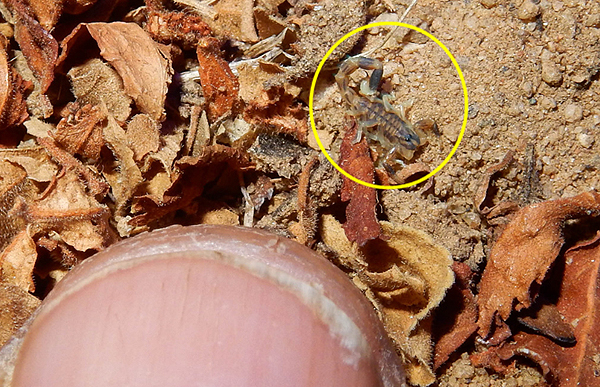 Why does a miniature scorpion in Samburu remind me of one of the world’s greatest paleontologists?
Why does a miniature scorpion in Samburu remind me of one of the world’s greatest paleontologists? Sudan
Sudan 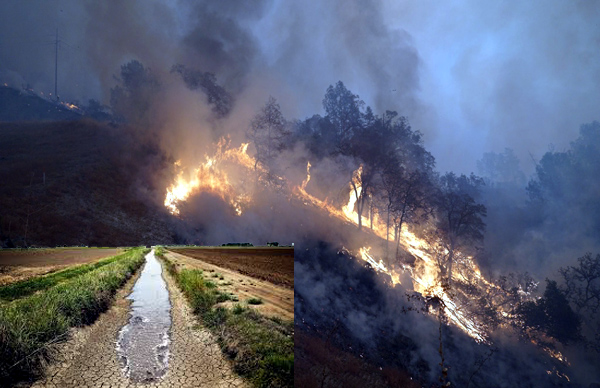 Gov. Brown understands better than anyone in America what Climate Change means: “Things like this will be part of our future … things like this, and worse,’’
Gov. Brown understands better than anyone in America what Climate Change means: “Things like this will be part of our future … things like this, and worse,’’ 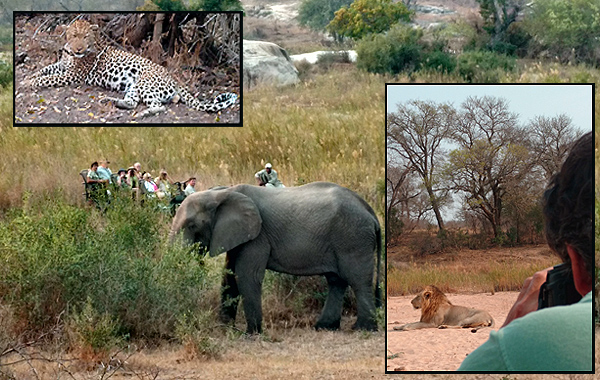 I remember when I was a young guide in Kenya, in particular about forty years ago when showing Purdue alums the Maasai Mara. After the first game drive I took the driver aside and yelled at him because he hadn’t found us a rhino.
I remember when I was a young guide in Kenya, in particular about forty years ago when showing Purdue alums the Maasai Mara. After the first game drive I took the driver aside and yelled at him because he hadn’t found us a rhino.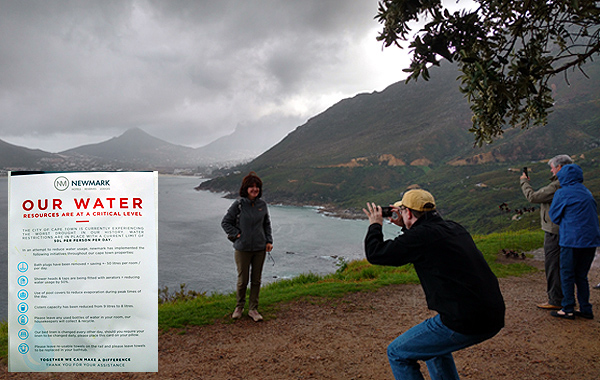 The water crisis in Cape Town is over … at least for now. Dam reservoir levels
The water crisis in Cape Town is over … at least for now. Dam reservoir levels 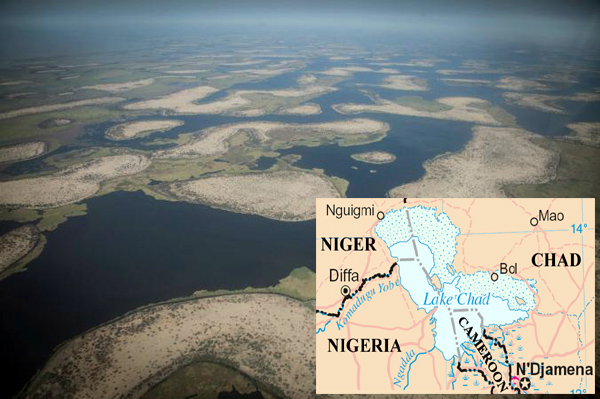 Several generations ago five million people depended upon Lake Chad in central Africa for food and work. It was Africa’s fourth largest lake, the size of New Jersey, with bountiful fish and plenty of water for irrigated farming. Today the lake is one-tenth that size and supports 45 million people.
Several generations ago five million people depended upon Lake Chad in central Africa for food and work. It was Africa’s fourth largest lake, the size of New Jersey, with bountiful fish and plenty of water for irrigated farming. Today the lake is one-tenth that size and supports 45 million people.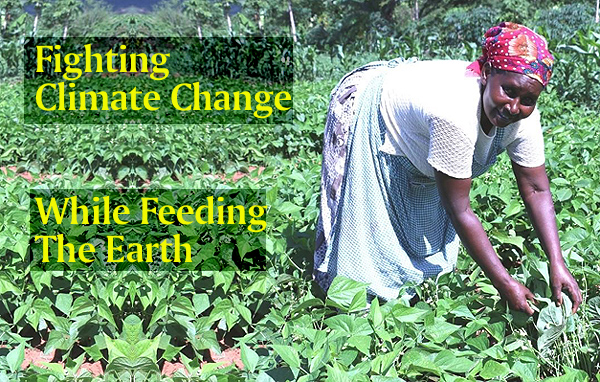 In this topsy turvy world developing countries with huge social needs like Kenya are much more aggressively pursuing organic farming and containing climate change than the U.S. Do they know something we don’t?
In this topsy turvy world developing countries with huge social needs like Kenya are much more aggressively pursuing organic farming and containing climate change than the U.S. Do they know something we don’t? Travelers and investors alike are going to have shift the way big game safaris are enjoyed and operated as a result of indisputable climate change over the equator. And this, of course, is actually incidental to the disruption caused millions of equatorial African residents.
Travelers and investors alike are going to have shift the way big game safaris are enjoyed and operated as a result of indisputable climate change over the equator. And this, of course, is actually incidental to the disruption caused millions of equatorial African residents.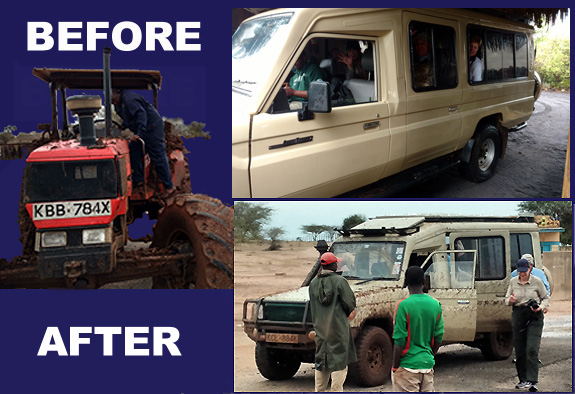 If we left Saturday morning as planned and drove to our next destination, there was no doubt we’d get stuck. If we flew out we’d miss our next game park, Amboseli, because there were no connections that would work.
If we left Saturday morning as planned and drove to our next destination, there was no doubt we’d get stuck. If we flew out we’d miss our next game park, Amboseli, because there were no connections that would work. I was in Nairobi yesterday watching a brilliant protest backfire miserably.
I was in Nairobi yesterday watching a brilliant protest backfire miserably.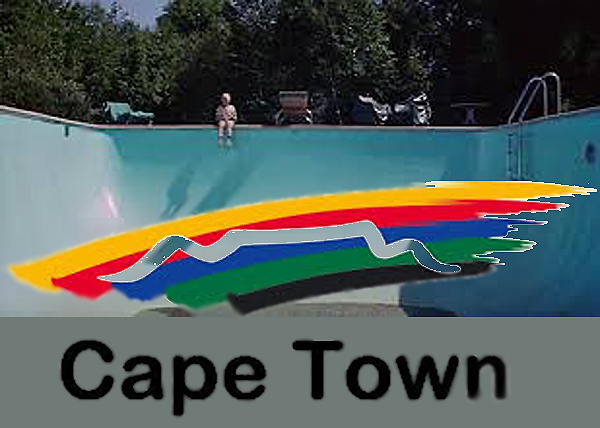 Today Cape Town authorities announced that the city’s water supply will likely end in 80 days. The normal dry season extends into April. “Day Zero” on April 15 presumes Capetonians will continue restricting themselves to 50 liters of water daily.
Today Cape Town authorities announced that the city’s water supply will likely end in 80 days. The normal dry season extends into April. “Day Zero” on April 15 presumes Capetonians will continue restricting themselves to 50 liters of water daily.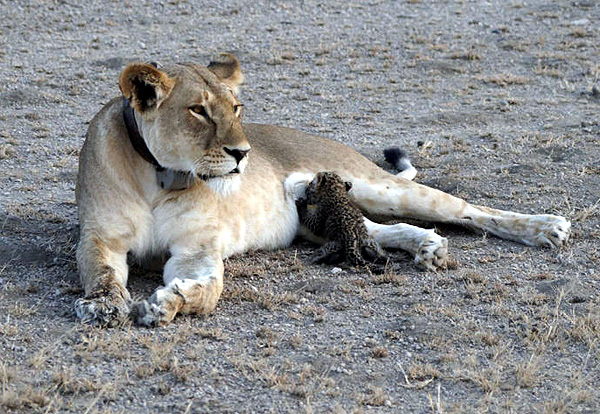 Politics are changing lightning fast and climate is changing lightning fast, and now it seems that wild animal behavior is also seriously changing.
Politics are changing lightning fast and climate is changing lightning fast, and now it seems that wild animal behavior is also seriously changing.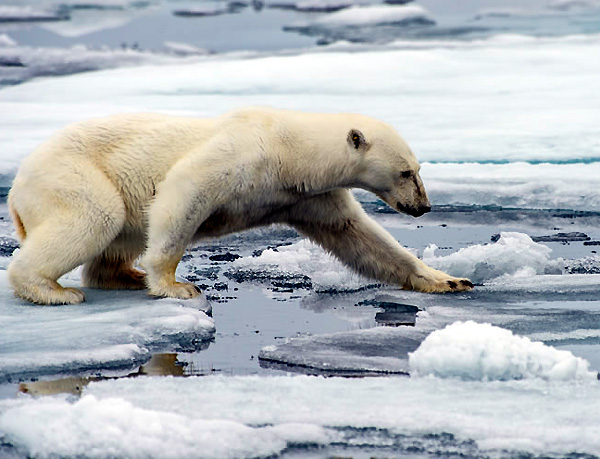 Why are professionals from zoo directors to scientists – much less you! – less interested in the lion decline than the elephant decline? Why are you donating to Save The Elephants but not Save the Lions?
Why are professionals from zoo directors to scientists – much less you! – less interested in the lion decline than the elephant decline? Why are you donating to Save The Elephants but not Save the Lions?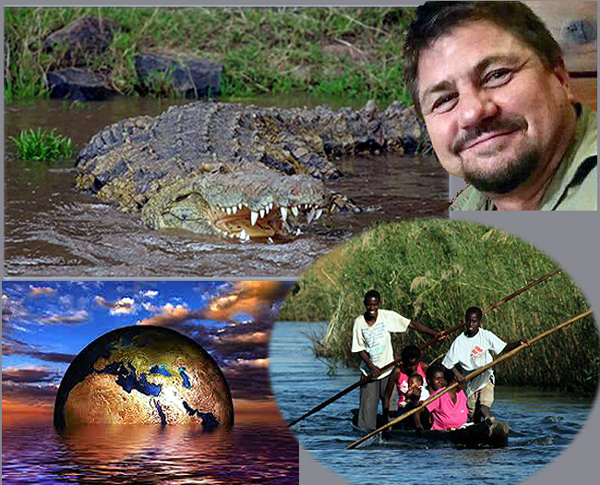 So there are three parts to the story of Scott van Zyl getting eaten by a crocodile last week in Zimbabwe.
So there are three parts to the story of Scott van Zyl getting eaten by a crocodile last week in Zimbabwe.